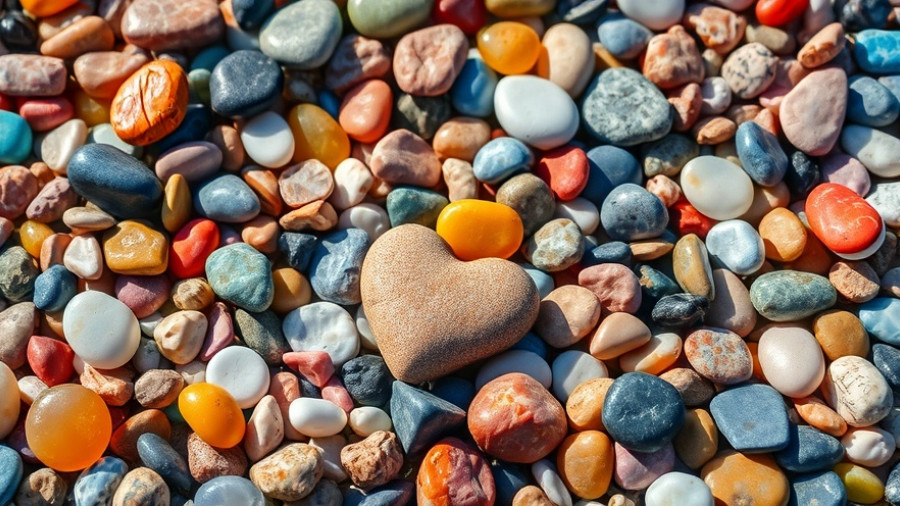
Finding Peace in Stillness: A Journey to Mindfulness
In our fast-paced world where distractions are many, the concept of stillness can seem far-fetched. Yet, the ability to pause and appreciate the present moment is essential for mental health. This article delves into how being present can help alleviate stress and promote resilience, especially among vulnerable populations including youth, families, and caregivers.
The Importance of Mindfulness
Mindfulness is more than a buzzword; it's a practice that fosters mental well-being. By focusing on our breath and the sensations around us, we can cultivate a sense of calm. Mindfulness techniques like meditation can serve as powerful tools for coping with the stressors of daily life. For many in South Africa, where the challenges of HIV and youth crime prevail, adopting mindfulness practices can offer a lifeline.
Breaking Down Barriers to Meditation
Despite the benefits, barriers to meditation and mindfulness practice persist. Many individuals may feel that they don't have time for meditation, or they may struggle with the art of stillness. To combat this, it's important to start small. Try dedicating just five minutes a day to practice breathing techniques or participate in community-led meditation classes tailored for those who face socio-economic challenges.
Resilience Through Reflection
Building resilience is crucial for overcoming life's inevitable adversities. Through self-reflection, individuals can gain insights about their thoughts and behaviors, ultimately leading to improved self-efficacy. That powerful connection between mindfulness and resilience becomes evident when individuals choose to focus on their breath rather than their stress, transforming a negative spiral into an empowering journey.
Anecdotes of Change: Real Stories from the Community
Several individuals within our communities have shared their transformational journeys through mindfulness. One such story is of a youth leader in Johannesburg who credits mindfulness techniques with helping him cope with the overwhelming pressure of his environment. By engaging in regular meditation, he not only improved his mental health but also inspired those around him to incorporate similar practices into their daily lives.
Counterarguments: The Challenges of Stillness
While stillness and mindfulness can bring about positive changes, some may argue that these practices seem impractical in a world filled with immediate concerns, such as job security and family responsibilities. However, what sets mindfulness apart is its adaptability. It can be integrated into day-to-day activities, making it accessible for even the busiest of lives.
Steps to Incorporating Stillness into Your Life
Here are some actionable steps to get started with mindfulness and meditation:
- Start Slow: Allocate a few minutes each day to focus on your breath.
- Community Resources: Seek out local groups or online platforms that offer guided meditation sessions.
- Journaling: Reflect on your day by writing down moments of gratitude.
Practical Insights to Enhance Mental Health
To truly thrive, we must prioritize our mental health. Understand that it’s okay to seek therapy when feeling overwhelmed. In South Africa, various organizations offer resources specifically aimed at addressing mental health challenges, making it easier for individuals to access the support they need.
Your Journey Towards Mindfulness Starts Now
Being the stillness is not just a concept but a choice to prioritize your well-being. By investing in mindfulness practices, we empower ourselves to cope with life's stresses and adversities. Let us remember the words of historical figures who emphasized peace and reflection: "In the midst of movement and chaos, keep stillness inside of you." Together, we can foster a more resilient community rooted in mindfulness.
 Add Row
Add Row  Add
Add 




Write A Comment